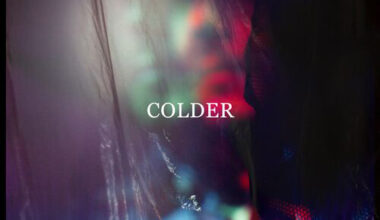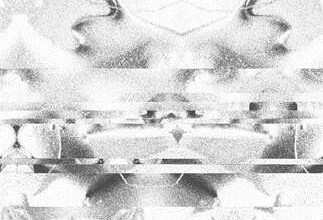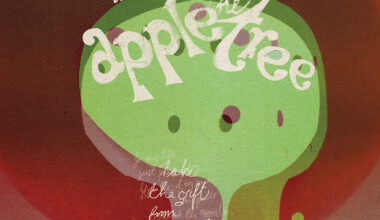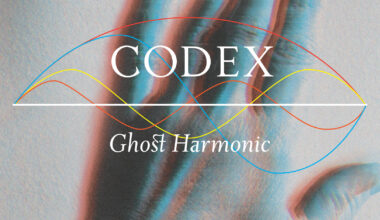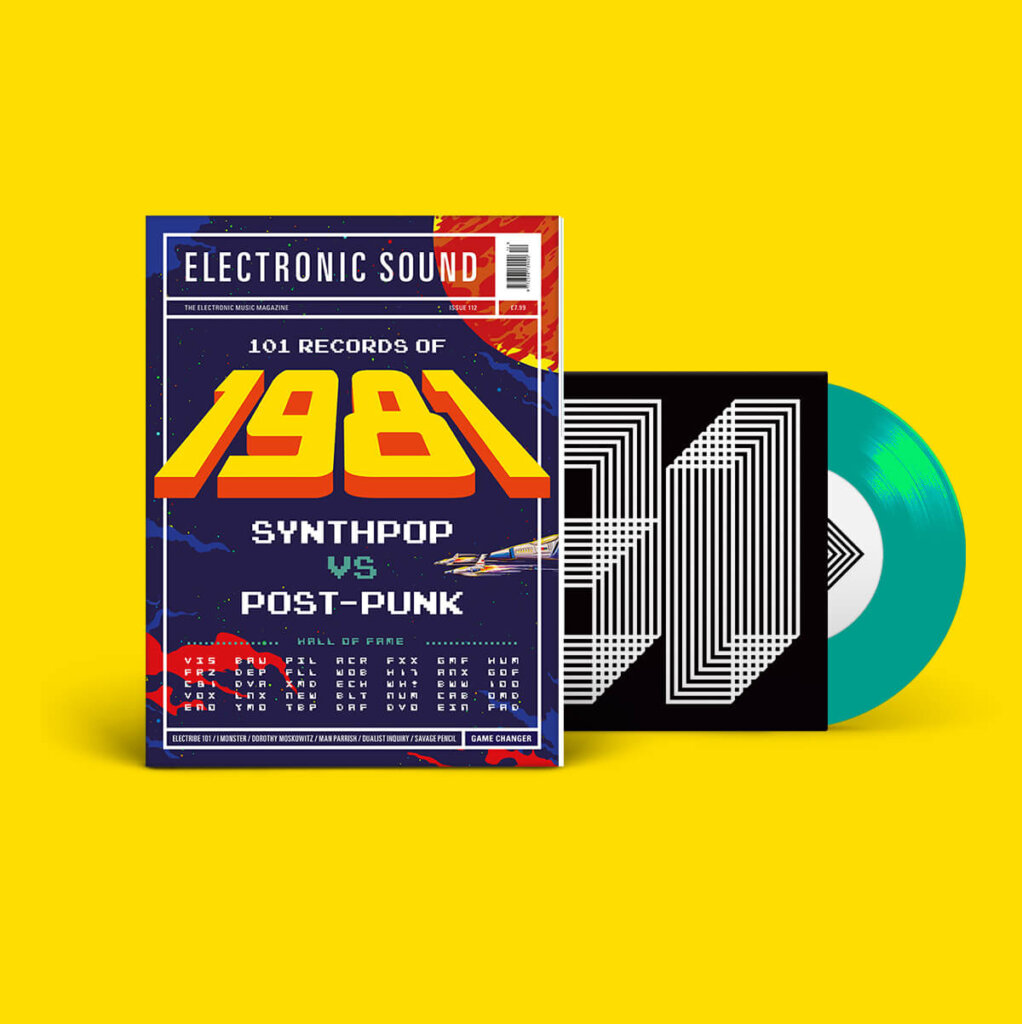A bumper Cabs compilation drawing on both their Rough Trade days and their Some Bizarre catalogue
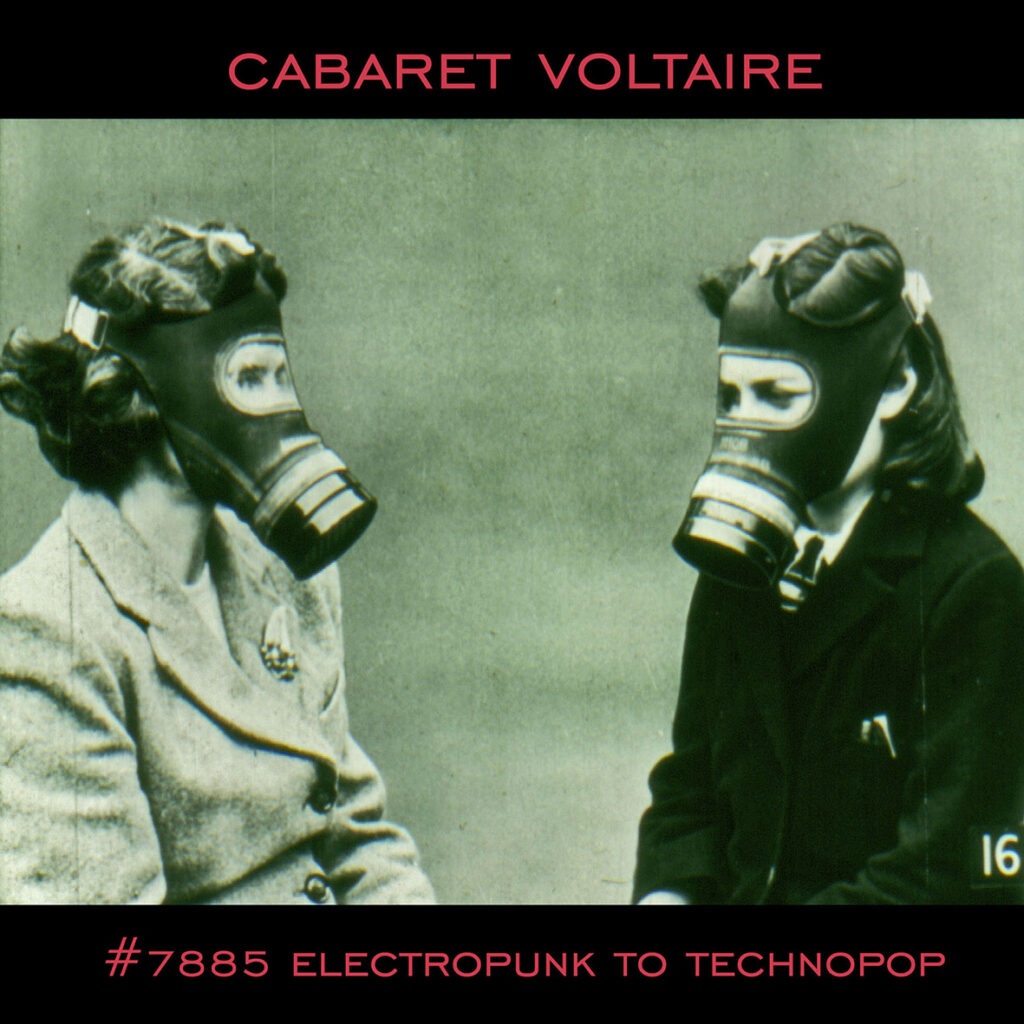
One of the most mystifying things about Cabaret Voltaire was the progression in their output from the dirty, industrial primitivism of their earliest work – work that put them on a natural par with fellow art-punks Throbbing Gristle and Robert Rental – to the relatively glossy almost-pop of the three albums they recorded for Some Bizarre/Virgin in the mid-1980s. A poster for ‘Micro-Phonies’, the most fully realised of their Some Bizarre releases, even graced the walls of one Ferris Bueller’s bedroom.
Much changed within the band between their late 70s material for Rough Trade and the MTV-friendly output for Stevo’s seminal imprint. First, there was the departure of Chris Watson, who went on to enjoy parallel careers as a stalwart of Touch Records and an eminent sound recordist for the BBC. As a trio, Watson played a pivotal role in the development of the Cabs’ ethos alongside Richard H Kirk and Stephen Mallinder, and his exit naturally led to a change in approach. Second, technology was evolving at a rapid pace. As Kirk recalls in his liner notes to ‘#7885 (Electropunk To Technopop 1978-1985)’, the band moved from garagey self-sufficiency at their Western Works studio in Sheffield to recording sessions in swishy suites with producers, engineers and sundry other hired hands. The Some Bizarre transition also gave electronics more of a prominent focus in the Cabs’ music, though it was still blended with sludgy basslines, splintered guitar riffs and found sounds.
What’s highlighted by this new Mute compilation – the first Cabaret Voltaire album to draw from both the Rough Trade and Some Bizarre periods – is that, despite all the apparent differences, a series of common threads run throughout the best part of a decade. One of these is Stephen Mallinder’s vocals. On the Rough Trade tracks, these are primarily spoken, usually filtered through an ugly distortion box which renders any sort of coherence intentionally difficult. The later vocals are clearer, less punk, more obviously sung instead of spoken, but the cut-up approach of the group’s first recordings is just as evident on the Some Bizarre pieces, betraying the ongoing influence of William Burroughs, who remained something of a shadowypresence for a lot of the artists that emerged from the industrial scene.
The other constant was a focus on a strain of nervous, almost unintentional funk. The oldest piece here, ‘Do The Mussolini (Headkick)’, carries its alien groove on a barely-there beat and a tentative bassline, containing more of a human quality in its construction than anything Kraftwerk produced at that time. By the closing tracks, the likes of ‘The Dream Ticket’, the funk dimension had taken on a more pronounced edge, more brazen perhaps, some might say more garish. It’s no surprise that the Cabs covered Isaac Hayes’ ‘Theme From Shaft’, filtering the classic horn groove through the same dubby spatial awareness that can be heard throughout this collection. There’s no avoiding the fact that the Cabs’ early music was dark, and it’s tempting – but incorrect – to view their later material as having greater levity. Listen to tracks such as ‘Kino’ and ‘I Want You’ and you’ll hear the same bleak streak, in spite of the cleaner sound.
Elsewhere in the liner notes, Kirk tries to make a case for Cabaret Voltaire not necessarily embracing the bold style and imagery of the day-glo era that their Some Bizarre work occupied. He consciously makes reference to avoiding Flock Of Seagulls haircuts (though check out some of the period pictures of the duo and you might disagree) and claims his eyeliner usage was a throwback to the punk days rather than a way of blending into their new environs. Perhaps Ferris Bueller, as a proxy for the record-buying public, understood it better than they did – that poster for ‘Micro-Phonies’ hangs next to adverts for releases by Simple Minds and Blancmange.
By Kirk’s own admission, ‘#7885’ offers a slightly one-sided view of the Cabs’ output across two distinct periods; seven-inch edits and shorter single tracks are employed specifically to avoid presenting their work as impenetrable or inaccessible. Kirk even says he didn’t want to scare listeners away by presenting something too dense. But whatever the motivation, this compilation serves as a succinct reminder of what made Cabaret Voltaire such a compelling proposition at the time.

